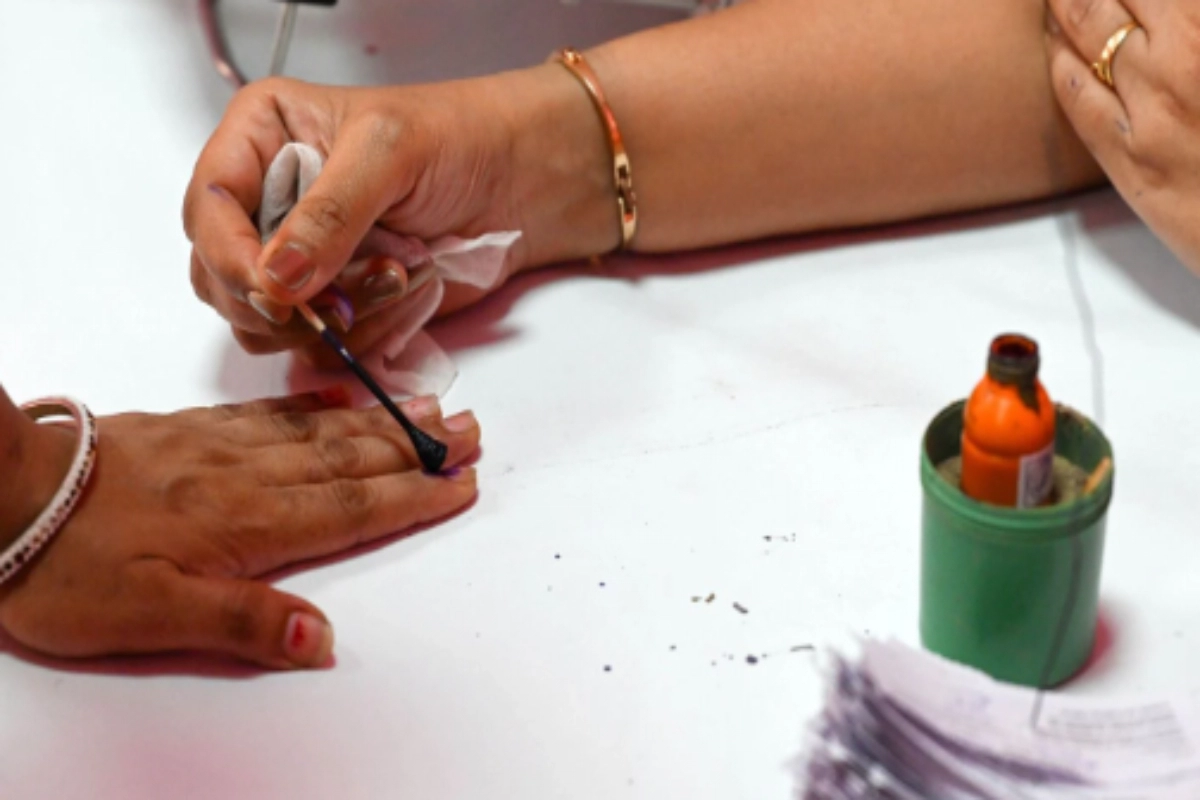Jammu and Kashmir Assembly Election 2024: Jammu and Kashmir assembly election is to enter its final phase, the most crucial moment in the political chronology of this region. The exercise of their franchise by over 39 lakh eligible voters shall be witnessed across 40 assembly seats in the fray in this phase. Of these 40 seats, 24 are in the Jammu region and the remaining 16 lie within the Kashmir Valley. Polling to decide the fate of 415 candidates competing for legislative powers commenced at 7 am and would continue till 7 pm today. 1.60 % voter turnout recorded till 9 am
Polling Stations Set Up Across J&K for Smooth Voting Experience
The Election Commission of India has instituted adequate arrangements that will facilitate smooth and secure Jammu and Kashmir election by establishing a total of 5,060 polling stations. The police and other security forces have been advised to intensify vigilance in their effort to ensure law and order during the election, which is very vital in this sensitive region.
Important Political Contenders and Allies
This election is going to be a battle that will involve some of Jammu and Kashmir‘s most formidable political opponents. National Conference and Congress have ganged up in a strategic move in questing for more seats, while PDP and the BJP are the two other vital contenders to this political battle. This last leg of voting will thus largely determine the course of this battle election with many key constituencies at play.
A Historic Vote- Emergence of New Voter Groups
One of the interesting features, besides many others, was the involvement of erstwhile disenfranchised groups, including West Pakistani refugees, Valmik Samaj, and Gorkha community. These communities, for the first time in history since the abrogation of Article 370 in August 2019, have been granted voting rights in Jammu and Kashmir. General elections currently in process are also their first opportunity to have a say in the electoral process that decides the region’s future leadership.
BJP president of Jammu and Kashmir, who is in the fray from the Nowshera seat, Ravinder Raina thanks the people for their enthusiastic participation and thanks paramilitary forces and the Election Commission and all others involved in the success of the elections. “This is a new beginning for Jammu and Kashmir,” Raina said, reflecting on the importance of these assembly elections for the future of the region.
Voting Across Key Districts
This round of voting is happening across seven districts. While in the Kashmir Valley, Kupwara, Baramulla, and Bandipora were casting their votes. In the Jammu Division, the voters went to Jammu, Udhampur, Kathua, and Samba. These districts are said to be a represented area of political diversity, and voter turnout in these regions would determine the outlook of the final results.
One of the high points in today’s poll was when the son of former Jamaat-e-Islami general secretary Dr. Kaleemullah exercised his franchise as an independent candidate from the Langate constituency. For the first time in 35 years, Jamaat-backed candidates are contesting the assembly elections.
Key Candidates and Their Prospects
Here, as many leaders like Choudhary Lal Singh, Congress (Basohli), Sham Lal Sharma, BJP (Jammu North), Raman Bhalla, Congress (RS Pura), Pawan Khajuria, independent, Udhampur East, are in the fray. Along with them, several other established leaders like Sajjad Lone, Dev Singh, Usman Majid are contesting from major constituencies, which gives another twist to the fate of this election.
High voter turnout reflects hope for stability
Early reports from the three phases of polling which began in Jammu and Kashmir have suggested a high rate of voter turnout, despite the fact that security problems persist in the region. As for the first phase, 61.13 percent of eligible voters came to exercise their franchise, while the second phase recorded 56.95 percent attendance at the polling booths. The incidents reflect that, notwithstanding the history of instability in the region, the people of Jammu and Kashmir want to have a say in the democratic process.
Even when the process is in its final phase, the bar remains high with the results of elections which are going to shape up the future of Jammu and Kashmir and set the tone for political stability and development in times to come.
